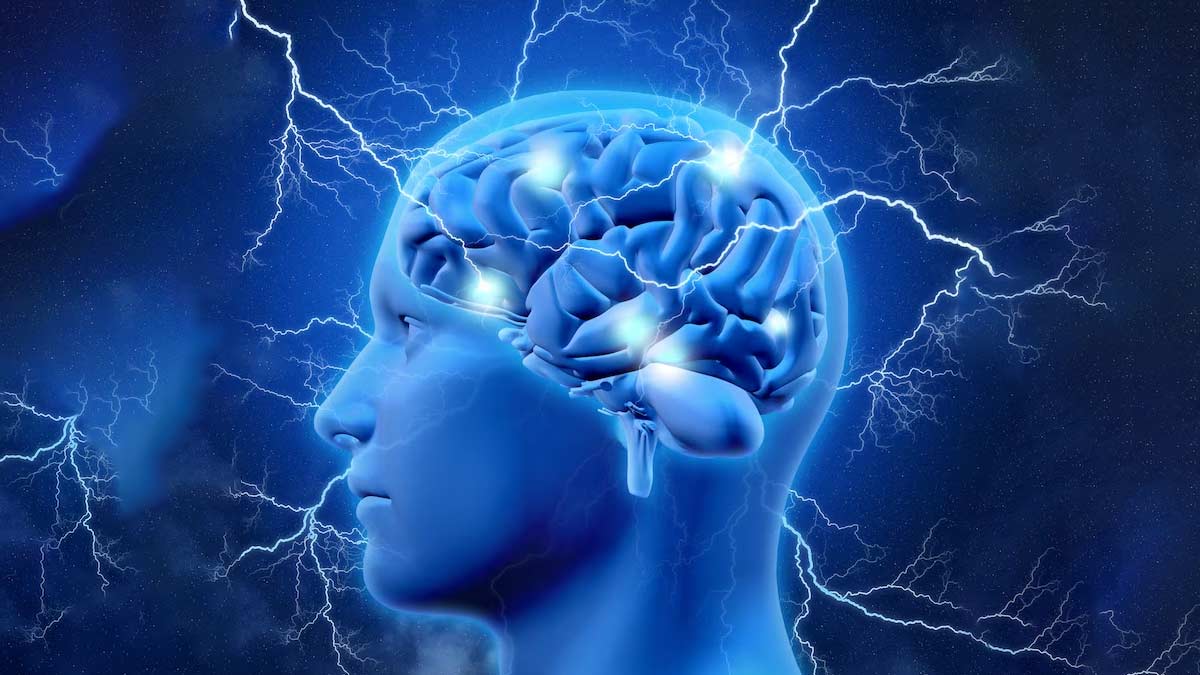
As people get older, their likelihood of developing various neurological and psychiatric disorders, such as neuropsychosis, increases. Neuropsychosis, marked by a decrease in cognitive abilities along with hallucinations and delusions, largely affects the well-being of the elderly and their caregivers. Dr Mohit Goyal, Neurologist at Special Care Unit of SHEOWS, Old Age Home help us to comprehend the causes, symptoms, and treatments of neuropsychosis is essential in delivering efficient care and assistance to patients.
Table of Content:-

Causes of Neuropsychosis in the Ageing Elderly
Several factors contribute to the development of neuropsychosis in the elderly population, including:
- Alzheimer's disease and Lewy body dementia are the primary culprits of neuropsychosis. These diseases progressively damage brain structures responsible for cognition, memory, and mood regulation, leading to psychotic symptoms.
- Strokes or mini-strokes can disrupt blood flow to the brain, causing cognitive decline and sometimes, psychotic features. The location and severity of the stroke play a crucial role in determining the specific cognitive and psychological symptoms that emerge.
- Untreated infections like syphilis or HIV can affect the brain, leading to neuropsychiatric symptoms. Syphilis, for instance, causes inflammation of the meninges and even brain tissue damage, leading to a variety of neuropsychiatric manifestations, including psychosis.
- Thyroid dysfunction, vitamin deficiencies, and metabolic imbalances contribute to cognitive decline and psychosis. An underactive thyroid gland slows down metabolism and cognitive function, while an overactive thyroid gland leads to anxiety, restlessness, and even psychosis. Vitamin B12 deficiency causes damage to the nervous system, leading to cognitive decline and sometimes, psychotic symptoms.
- Excessive alcohol consumption and illicit drug abuse can exacerbate cognitive decline and trigger psychotic episodes. Alcohol disrupts communication between brain cells and can lead to cognitive decline, memory problems, and even psychosis with long-term use. Illicit drugs like cocaine and amphetamines also induce psychosis, often characterised by paranoia and hallucinations.
Also read: Sleep And Ageing: Expert Explains How Does Sleep Change With Ageing And Tips For Quality Sleep
Symptoms of Neuropsychosis
The symptoms of neuropsychosis in the elderly encompass a broad spectrum of cognitive, emotional, and behavioral disturbances. Cognitive impairments, including memory loss, executive dysfunction, and disorientation, are primary features of neuropsychosis, particularly in the context of neurodegenerative conditions. Elderly people experiencing neuropsychosis may also exhibit mood disturbances, such as depression and anxiety, further exacerbating their overall psychological well-being. Behavioral symptoms, such as agitation, aggression, and psychotic manifestations, pose significant challenges for caregivers and healthcare providers. The heterogeneous nature of neuropsychotic symptoms necessitates a comprehensive and individualised approach to assessment and management.

Treatment of Neuropsychosis
The management of neuropsychosis in ageing elderly individuals requires a multidisciplinary approach, involving healthcare professionals, caregivers, and family members. Treatment strategies aim to address both the underlying cause of neuropsychosis and the associated symptoms.
Non-medical Interventions
Cognitive rehabilitation therapy, reminiscence therapy, and sensory stimulation, improves cognitive skills. Psychotherapy addresses emotional distress and provides support for coping with the challenges of neuropsychosis. Creating a closed and supportive environment, maintaining familiar routines, and providing social engagement can also contribute to symptom management.
Caregiver Support
Caregivers of ageing individuals with neuropsychosis require support and education to effectively manage the challenges associated with caring for a loved one with these complex symptoms. Caregiver support groups, respite care services, and access to community resources can help alleviate caregiver burden and promote the well-being of both the caregiver and the elderly individual.
Medications
Antipsychotic medications can help manage psychotic symptoms like hallucinations and delusions. Cholinesterase inhibitors may be used in Alzheimer's disease to improve cognitive function and mood stabilizers or antidepressants may be prescribed for co-occurring mood disorders. However, the application of these medications in the elderly population requires careful consideration of potential side effects and drug interactions.
Also read: Heart Ageing: Expert Explains Impact Of Heart Ageing And Tips To Reverse It
Lifestyle Modifications and Early Intervention
Maintaining a healthy diet, regular exercise, and good sleep hygiene promotes overall well-being and potentially slows cognitive decline. Early diagnosis is also crucial for managing neuropsychosis effectively as it allows for prompt treatment initiation, potentially slowing disease progression and improving the individual's quality of life.
Neuropsychosis represents significant clinical and public health challenges in the context of India's ageing population. Early diagnosis, a combination of treatment approaches, and addressing the sociocultural factors are crucial for effectively managing this condition. By acknowledging the unique needs of neuropsychosis-affected individuals and implementing comprehensive interventions, we can strive towards enhancing their quality of life and promoting mental well-being in this vulnerable demographic.
Read Next
Demi Lovato on In-Patient Mental Health Treatments; Benefits of Inpatient Mental Health Treatments
How we keep this article up to date:
We work with experts and keep a close eye on the latest in health and wellness. Whenever there is a new research or helpful information, we update our articles with accurate and useful advice.
Current Version